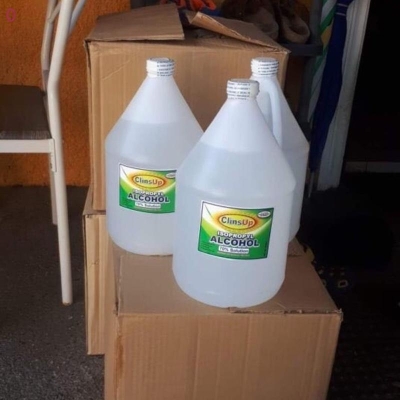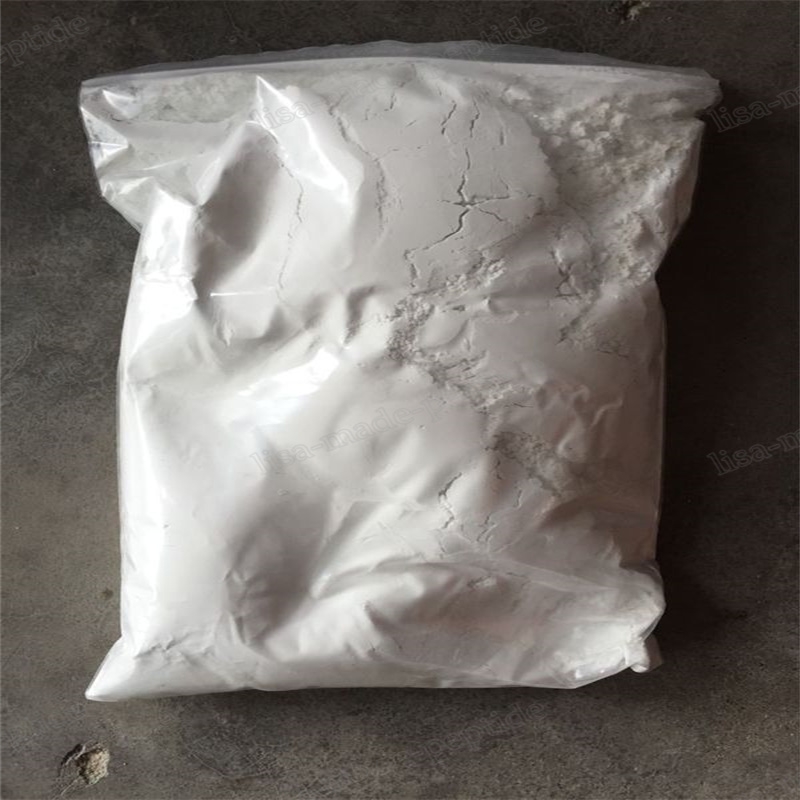-
Categories
-
Pharmaceutical Intermediates
-
Active Pharmaceutical Ingredients
-
Food Additives
- Industrial Coatings
- Agrochemicals
- Dyes and Pigments
- Surfactant
- Flavors and Fragrances
- Chemical Reagents
- Catalyst and Auxiliary
- Natural Products
- Inorganic Chemistry
-
Organic Chemistry
-
Biochemical Engineering
- Analytical Chemistry
-
Cosmetic Ingredient
- Water Treatment Chemical
-
Pharmaceutical Intermediates
Promotion
ECHEMI Mall
Wholesale
Weekly Price
Exhibition
News
-
Trade Service
Reuters reported on June 7 that Albemarle, the world's largest lithium producer, may have to close its century-old Langelsheim plant in Germany if the metal used in electric car batteries is declared a hazardous substance by the European Union
.
Due to its key role in electric vehicles, lithium has become an important commodity to achieve global carbon emission reduction goals, and it is also a hot product on the market today, and was included in the list of key raw materials by the European Union in 2020
.
However, the European Commission is currently evaluating a proposal by the European Chemicals Agency (ECHA) to classify lithium carbonate, lithium chloride and lithium hydroxide as hazardous to human health
.
The new proposal would lead to a tighter regulatory framework for lithium use as the EU aims to become self-sufficient in electric vehicle batteries by 2025
.
The proposal does not ban lithium imports, but if the legislation passes stricter rules to control processing, packaging and storage, it would increase costs for processors
.
"Albemarle will no longer be able to import lithium chloride, our primary feedstock, putting the entire (Langelsheim) plant at risk of closure," Albemarle Chief Financial Officer Scott Tozier said in an emailed statement
.
According to Tozier, the plant, which generates about $500 million in annual sales, would have a significant impact on Albemarle's operations if it were forced to close
.
The Langelsheim plant, which has been producing lithium since 1921, employs 600 people, and is expected to account for 8% of Albemarle's net sales in 2022
.
The European Commission will meet on July 5-6 to discuss the classification of substances, including lithium, as hazardous materials
.
A final decision is expected in late 2022 or early 2023
.
Over the past two years, the United States and Europe have accelerated efforts to build secure and independent supply chains to reduce foreign reliance on critical minerals used in electric vehicles, wind turbines and solar panels
.
Tozier said the listing of lithium as a hazardous substance would "impede the localisation of the EU battery supply chain and shift production to non-EU regions, creating import demand"
.
Future battery recycling and battery cathode manufacturing will move outside the EU, Albemarle will not be able to convert materials locally, and any EU lithium feedstock will need to be exported to make cathodes
.
The European Commission estimates that by 2030, European demand for lithium will be 18 times higher than in 2020, and that figure will expand to 60 times by 2050
.
Industry insiders said that classifying lithium as a hazardous substance would place an additional burden on Europe to produce, use and recycle lithium chemicals for batteries
.
According to the data, the operating income of American specialty chemicals company Yabao in fiscal year 2021 was 3.
328 billion US dollars, a year-on-year increase of 6.
36%, and the net profit attributable to the parent company was 124 million US dollars, a year-on-year decrease of 67.
09%
.
Among them, the lithium business income was 1.
363 billion US dollars
.
Albemarle reported net sales of $1.
13 billion in the first quarter of 2022, an increase of 36%
.
Among them, the net sales of lithium business was US$550 million, a significant increase of 97% year-on-year; adjusted EBITDA was US$300 million, an increase of US$200 million
.
In 2022, Albemarle expects sales to increase by 20-30% year-on-year and adjusted EBITDA to increase by 300% year-on-year as new capacity comes online
.







